Sessions
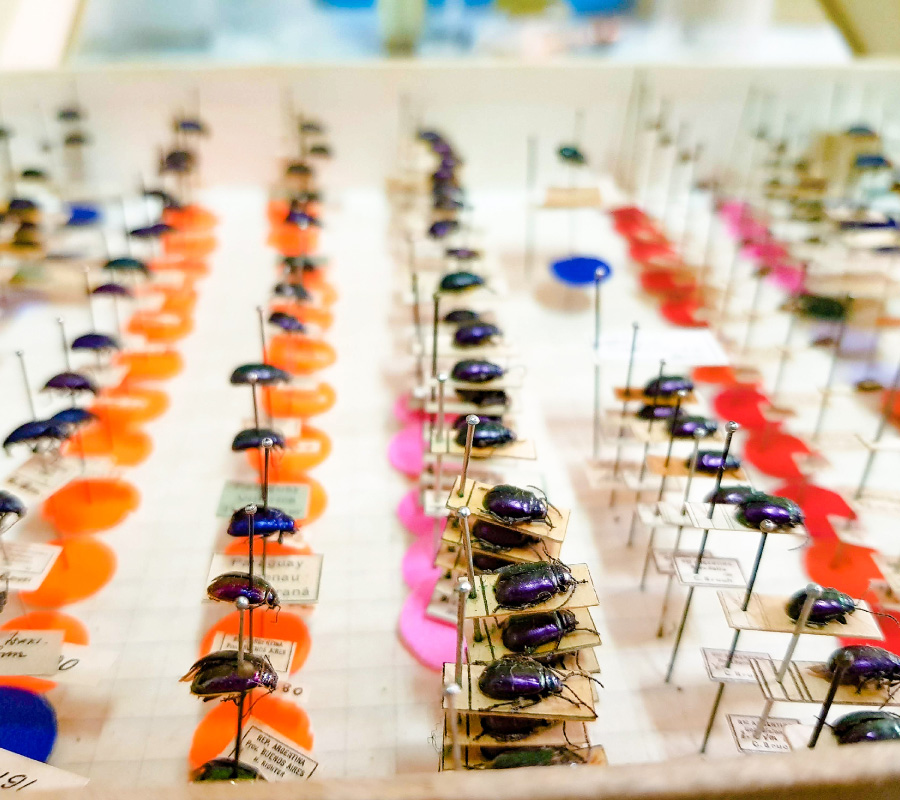
Session 1
Taxonomy and biological control
Keynote speaker: Marvaldi, Adriana E., Dr.
Moderator: Iain Paterson (Centre for Biological Control-CBC, South Africa)
Accurate and replicable taxonomic identification of species is a cornerstone of biology, without which research runs the risk of becoming irreproducible. However, in the course of any weed biocontrol project we come across many instances of organisms that cannot be identified for lack of available specialists, outdated keys or lack of reference material, new species that need to be described, and species cited for more than one host that turn out to be multiple cryptic species. This is all particularly widespread in highly biodiverse regions, such as the Neotropical region. Due to this, new technologies that provide fast differentiation of taxa even before full identification must be routinely used, and taxonomists must be engaged from the start for the correct practice of BCW.
This session aims to spotlight research related to incorrect identifications in biocontrol programs, importance of voucher specimens, implications of mixing haplotypes when collecting candidates, and use of innovative tools for identifying plants and biocontrol agents.
Do you want to participate? See more
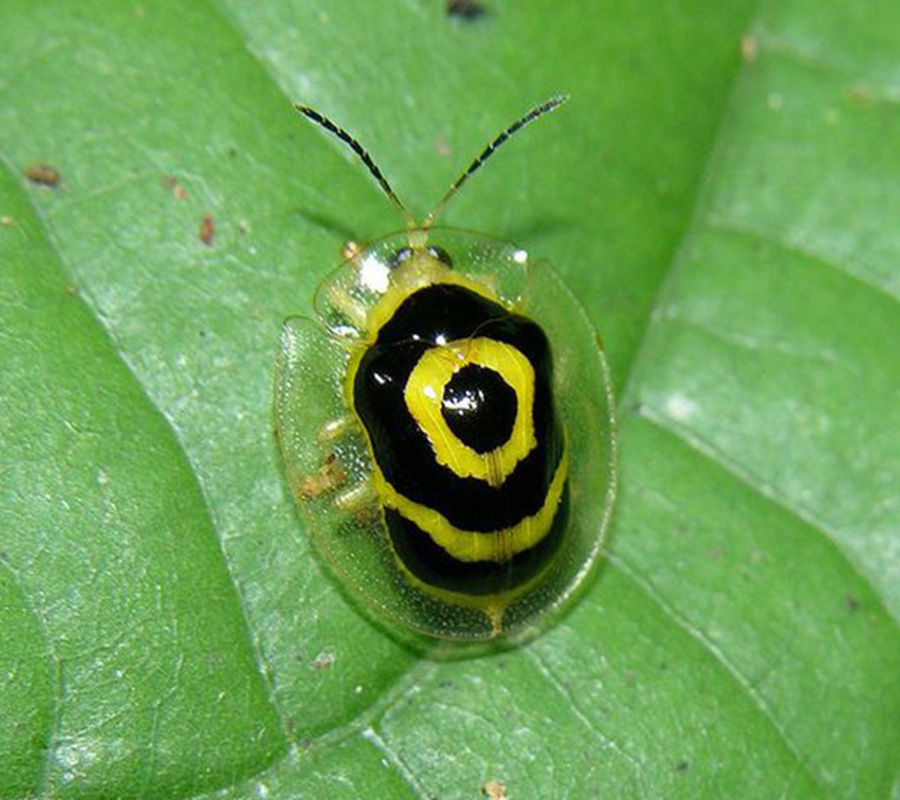
Session 2
Target and agent selection
Keynote speaker: Robert Barreto (UFV, Brazil)
Moderator: Marion Seier (CABI, UK)
Classical weed biocontrol is a community‐level activity carried out by public institutions. Robust decision‐making processes must be put in practice to select weed biocontrol targets that are important, have broad social support and are biologically and ecologically feasible. In this session we call for abstracts addressing prioritisation schemes for targeting weeds; cost benefit analysis; feasibility studies and conflict of interest resolutions.
We also call for abstracts about determination of weed native range and natural enemy suitability through bioclimatic modelling and molecular characterisation; weed’s native range explorations and natural enemy prioritisation.
Do you want to participate? See more
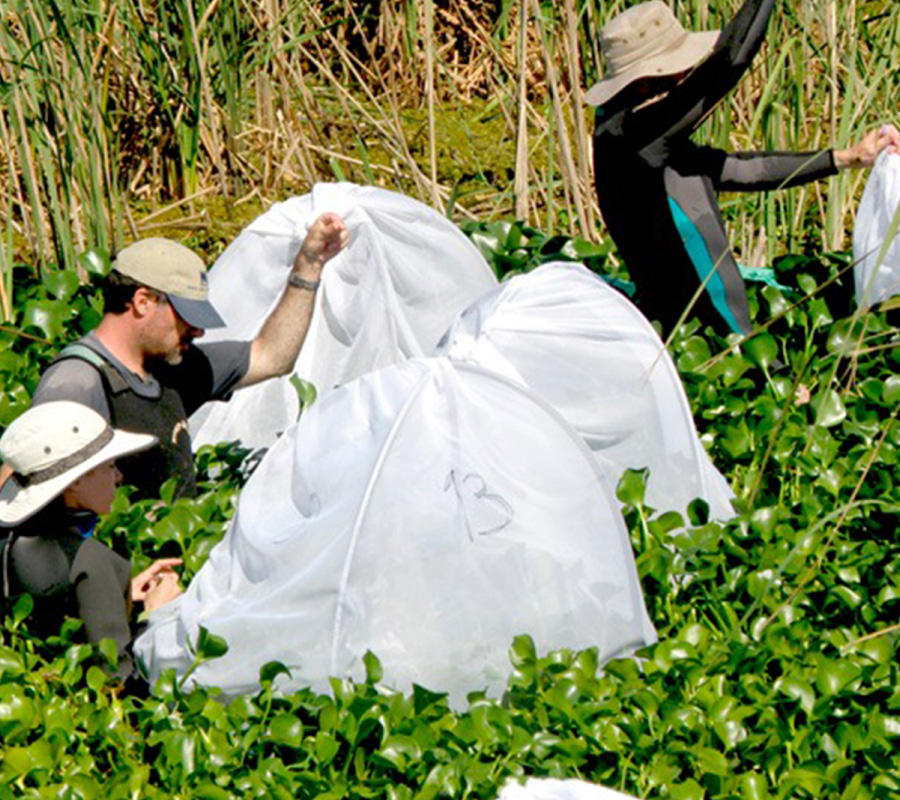
Session 3
Improving host range studies
Keynote speaker: Hariet L. Hinz (CABI-Delemont, Switzerland)
Moderator: Julie Coetzee (Centre for Biological Control-CBC, South Africa)
Safety and effectiveness continue to be improved through rigorous pre and post biocontrol agent release studies. Here we call for abstracts addressing experimental evolution, screening for potentially harmful micro-organisms that can affect the outcome of the project by interfering with the performance of released agents; evaluation of olfactory/visual cues in host plant use; determination of the target weed’s most susceptible life stage(s); determination of the most suitable biocontrol agent(s) likely to reduce the population growth of the target weed; studies on ecological networks in both the native and the invaded ranges; assessment of direct non-target effects; quantifying the economic benefits of classical biological control; recent studies monitoring and evaluating the outcomes of weed biological control programmes among many others.
Do you want to participate? See more
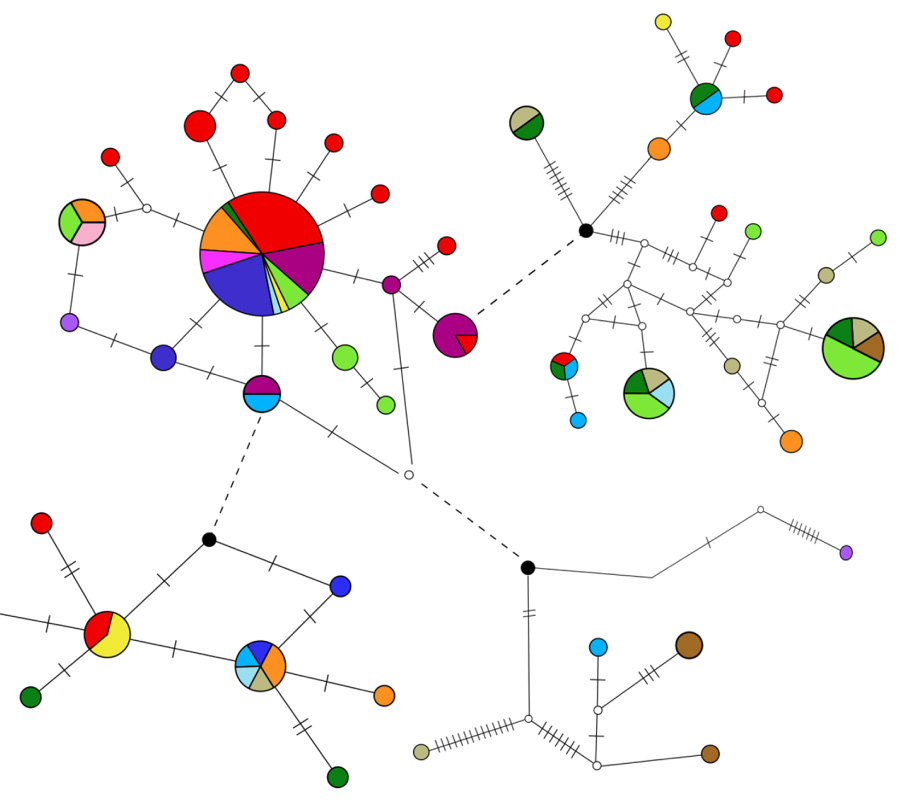
Session 4
Ecology and evolution
Keynote speaker: Marianna Szűcs (MSU, USA)
Moderator: Iris Stiers (VUB – Vrije Universiteit Brussel, Belgium)
Ecological and evolutionary processes operate throughout the course of biocontrol programs. These processes affect biocontrol agents from collection in the native range, throughout the rearing and testing periods, and after release and dispersal in the introduced range. In this session we call for abstracts addressing advances in different topics such as mutation, genetic drift and inbreeding, founder effects, adaptation, evolutionary processes operating at dispersal stages, and host switches.
Do you want to participate? See more

Session 5
Climate change
Keynote speaker: Yan Sun (Huazhong Agric. University, China)
Moderator: Sara Montemayor (UNLP, Argentina)
Climate change is a worldwide concern which has generated considerable discussion and research on possible effects on the environment. Warming temperatures and changes in CO2 concentrations and precipitations, is shifting the spread, population dynamics and life cycle duration of invasive weeds and their associated natural enemies. In this context, we call for abstracts studying responses of biocontrol systems to climate change in general; species distribution and population dynamic models, and experimental studies devoted to predicting biocontrol efficacy under different climate change scenarios.
Do you want to participate? See more
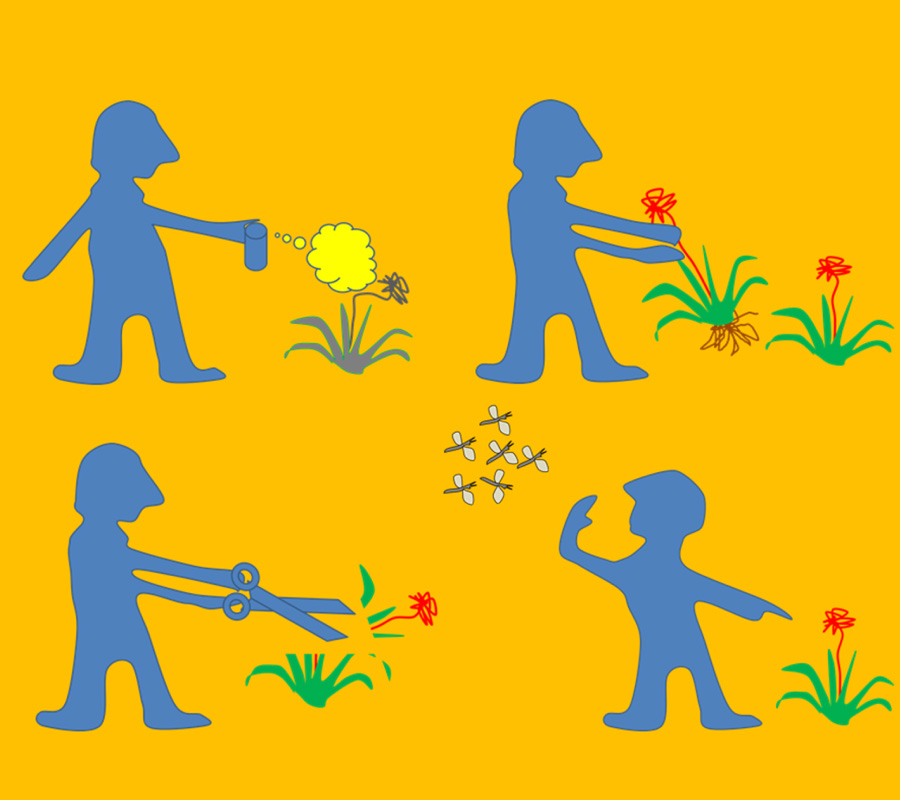
Session 6
Integrating biological control, restoration, and management
Keynote speaker: Helia Marchante (Instituto Politécnico de Coimbra, Portugal)
Moderator: Melissa Smith (USDA-ARS IPRL, USA)
Adoption of an integrated adaptive management approach, where classical biological control (CBC) is applied with other conventional control methods and active ecosystem restoration activities, can greatly improve the suppression of invasive alien weeds. In this session we call for abstracts addressing latest studies where CBC is integrated with other weed-management options; native species re-establishment; active revegetation and documentation of ecosystem recovery, among others.
Do you want to participate? See more

Session 7
Articulating consensus between science and alien weed management
Keynote speaker: Richard Shaw (CABI, UK)
Moderator: Raelene Kwong (DPI VICTORIA, Australia)
Weed biocontrol projects are normally developed and carried out by state-run scientific institutions, often with little participation of the weed management community, be it private or public, and even unnoticed by it. On the opposite side, invasive weed management establishment tends to regard biological control with mistrust in many parts of the world, or is simply unaware of its utility. This lack of coordination is a two-sided failure in that the scientific community loses the support and experience of weed managers, and weed managers neglect one of the best tools they could have.
This session aims at presenting examples of coordinated work between both groups, and discuss ways of stimulating more collaboration.
Do you want to participate? See more
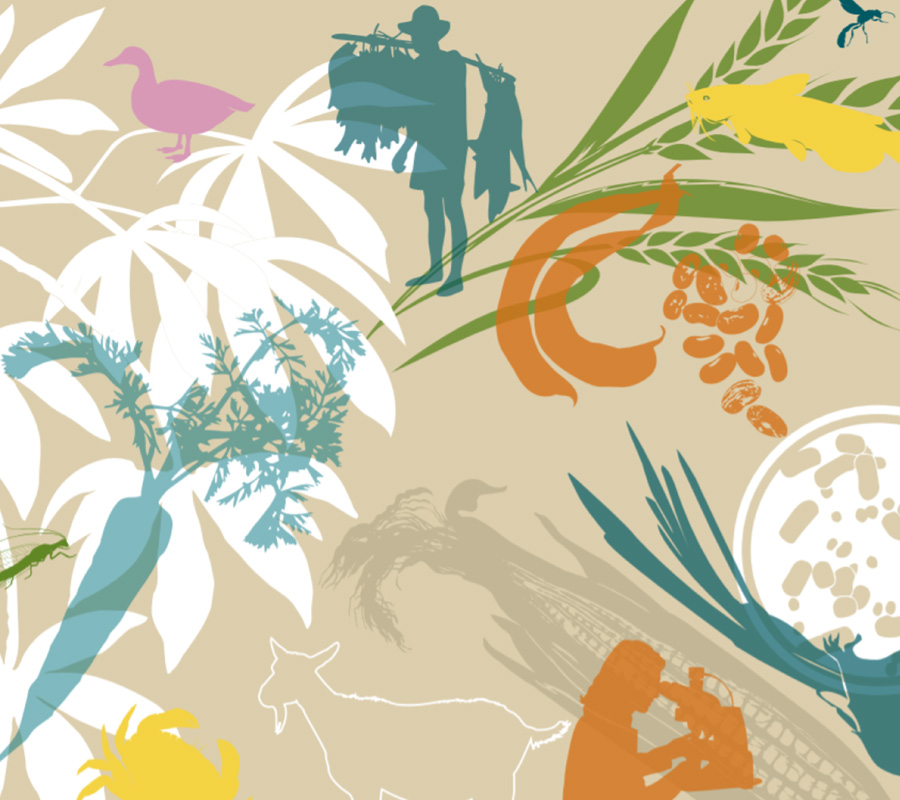
Session 8
Implementation of access and benefit-sharing measures: consequences for classical biological control of weeds
Keynote speaker: Martin Hill (Centre for Biological Control-CBC, South Africa)
Moderator: Fernando Mc Kay (Fundación para el Estudio de Especies Invasivas-FuEDEI, Argentina)
The Convention on Biological Diversity (CBD) and the Nagoya Protocol establish that access to genetic resources should follow the grant of prior informed consent by the country that provides those resources, and that benefits arising from their utilisation must be shared. For the last 20 years, applications of CBD principles have created a challenging obstacle to classical biological control of weeds. We encourage biocontrol practitioners and researchers to share their experiences encountered around the globe when trying to access weed biological control agents. We also invite policy leadership at governmental levels from countries around the world to present on the challenges they face when implementing access and benefit-sharing national legal frameworks.
Do you want to participate? See more
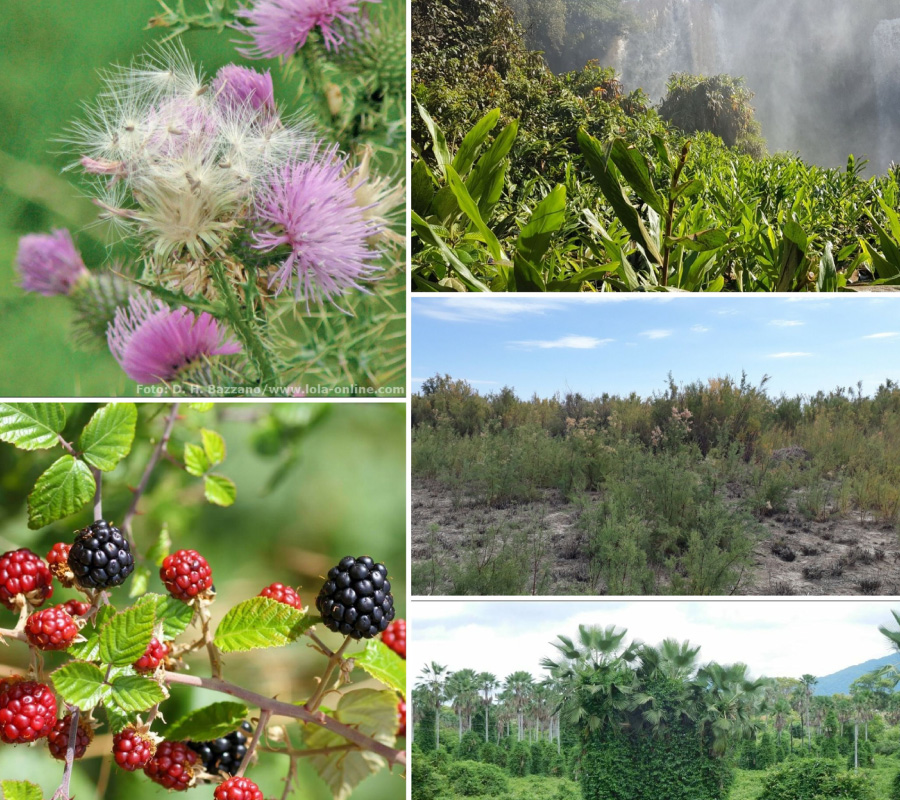
Session 9
Prospects for weed biological control in South America
Keynote speaker: Sergio Zalba (UNS, Argentina)
Moderator: Guillermo Cabrera Walsh (Fundación para el Estudio de Especies Invasivas-FuEDEI, Argentina)
South American countries are particularly vulnerable to the threats posed by invasive species. Invasive plants can have a disproportionate impact on the biodiversity and economies of these countries that have fewer resources to combat such plants and typically rely more heavily on agriculture, forestry and fishing than more developed countries. Despite the fact that South America hosted pioneer initiatives in classical weed biological control (CWB) in the 1950s-1970s, almost no regulations or protocols are in force in the region for weeds as targets for classical biocontrol. However, South America has an invaluable opportunity to implement CWB projects by piggybacking on research programs undertaken by other countries. The extensive network of biocontrol practitioners in the USA, Australasia, South Africa, and Europe could help develop the great potential that CWB has in South America. We invite researchers and biocontrol practitioners to present weed targets and opportunities for implementing CWB programmes in South America. We also encourage government authorities and policy makers from different countries to present on implemented or planned protocols to set priorities for weed management strategies.
Do you want to participate? See more

Session 10
The future in biological control
Keynote speaker: Andrew McConnahie (WRU, NSW Department of Primary Industries, Australia)
Moderator: Kumaran Nagalingam (CSIRO, Australia)
Weed biological control as other disciplines in science has been modernised along the years by incorporating different innovative approaches. In this session we encourage researchers to present on novelties and innovations on the frontiers of biological control. We call for contributions on new technologies based on modern computational tools, genetics and non-genetic technologies that will continue improving the weed biocontrol discipline in the years to come.
Do you want to participate? See more
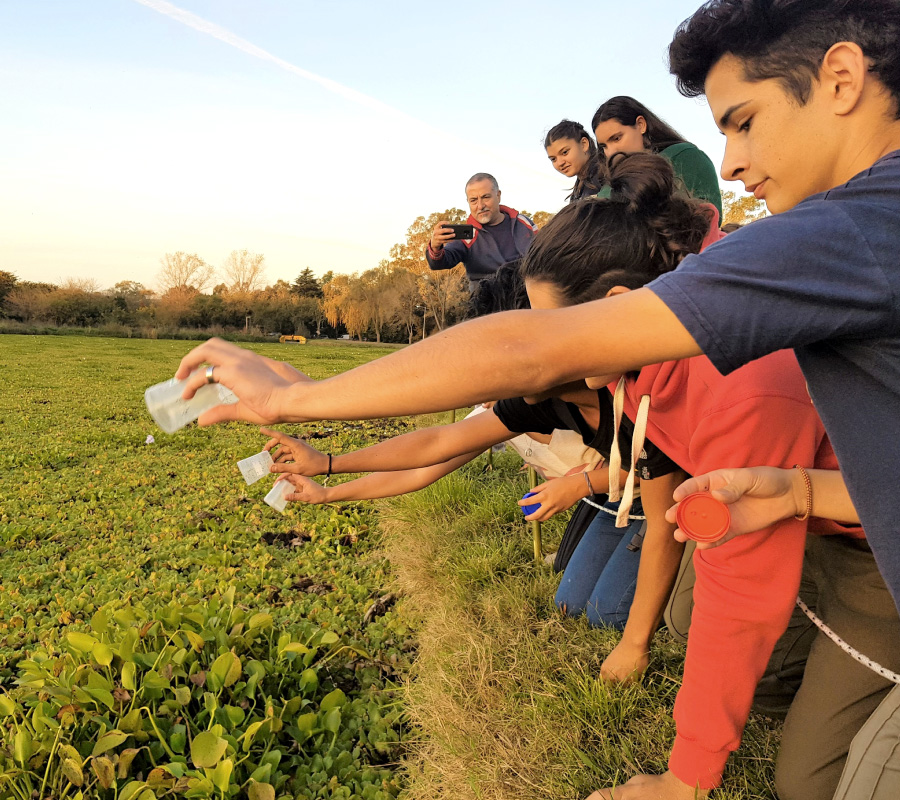
Session 11
Community engagement and education.
Keynote speaker: Lynley Hayes (Landcare Research, New Zealand)
Moderator: Alejandro Sosa (Fundación para el Estudio de Especies Invasivas FuEDEI, Argentina)
Management plans necessary to control invasive species are much more effective when society is actively involved. Classical weed biological control is a discipline that in recent years has engaged in raising public awareness, disseminating scientific findings and educating on invasive plant species and management plans. In this session we call for studies on management of invasive weeds involving citizen science, social perception of invasive species, education and any other initiatives between the weed biological control discipline and society.
Do you want to participate? See more

